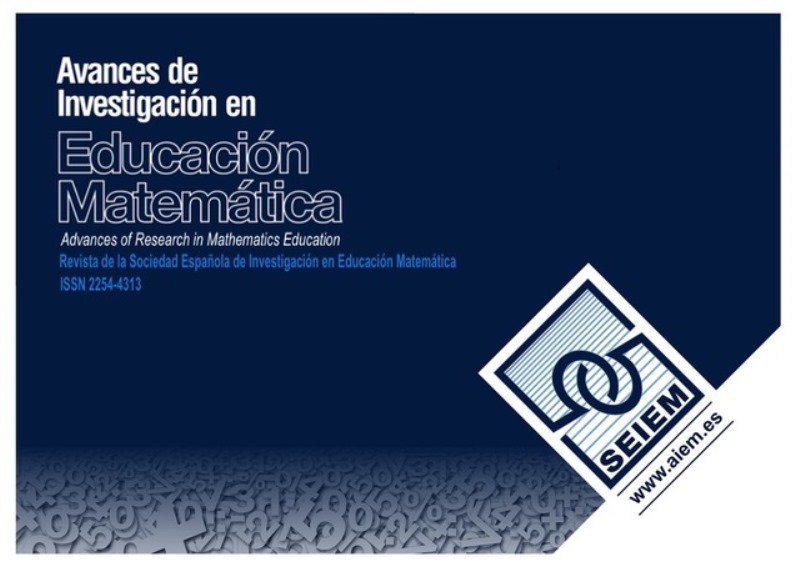Analysis of innovation proposals from the final course assignments in a professional master program in mathematics
DOI:
https://doi.org/10.35763/aiem.v0i10.137Keywords:
Trabalho de conclusão de curso, Mestrado Profissional em Matemática, Novos conteúdos matemáticos, TICAbstract
The main objective of this work is finding out the innovations and their justifications within the Brazilian Professional Master Program in Mathematics (PROFMAT). A qualitative study is carried out by addressing a total of 29 works published from the first half of 2013 to the second half of 2014. It is concluded that the main kinds of innovation are: (i) incorporation of higher education content on basic education, and (ii) introduction of computational resources. The former is justified because it allows new ways of relating and addressing mathematical content, conducting relevant mathematical processes and doing more attractive the lessons to stimulate the students’ interest. The latter is justified by the fact that ICT motivates and stimulate lessons that contribute to facilitate conceptual understanding and problem solving.
Downloads
Downloads
Published
How to Cite
Issue
Section
License
The articles published in this journal are under a license Creative Commons: By 4.0 España from number 21 (2022).
Authors who publish with this journal agree to the following terms:
- Authors retain copyright and keep the acknowledgement of authorship.
- The texts published in this journal are – unless indicated otherwise – covered by the Creative Commons Attribution 4.0 international licence. You may copy, distribute, transmit and adapt the work, provided you attribute it (authorship, journal name, publisher) in the manner specified by the author(s) or licensor(s). The full text of the licence can be consulted here: http://creativecommons.org/licenses/by-nc/4.0.
- Authors are able to enter into separate, additional contractual arrangements for the non-exclusive distribution of the journal's published version of the work (e.g., post it to an institutional repository or publish it in a book), with an acknowledgement of its initial publication in this journal.
- Authors are permitted and encouraged to post their work online (e.g., in institutional repositories or on their website) prior to and during the submission process, as it can lead to productive exchanges, as well as earlier and greater citation of published work (See The Effect of Open Access).









